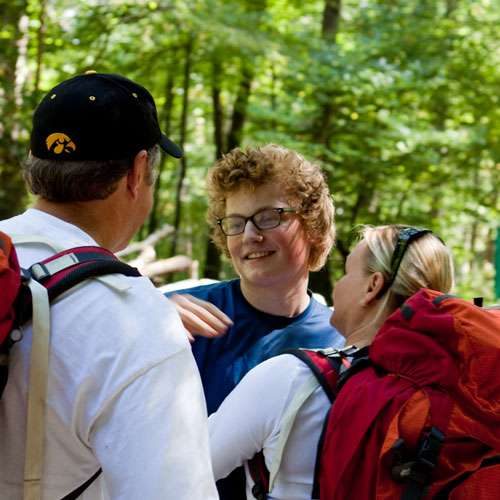 Do you find yourself obsessing over the details of your teen’s life? Do you micro manage every part of their day? You may, unbeknownst to you, be a helicopter parent! As parents, sometimes our first reaction is to get super involved in every minutiae of our teen’s lives, especially if they’re hanging out with a bad crowd or beginning to isolate themselves from us. That’s not always the best thing for them.
Do you find yourself obsessing over the details of your teen’s life? Do you micro manage every part of their day? You may, unbeknownst to you, be a helicopter parent! As parents, sometimes our first reaction is to get super involved in every minutiae of our teen’s lives, especially if they’re hanging out with a bad crowd or beginning to isolate themselves from us. That’s not always the best thing for them.
Stepping back
Instead of hovering over your teen at every moment possible (as a helicopter parent does), step back and let them take the reigns of their own life. You may think this is dangerous, especially if they’re getting into trouble a lot, but it’s important for you to not overstep your boundaries. It’s important for your teen to learn from their own experiences. Don’t be afraid for them to screw up, it’s what teens do!
Don’t be a nagger
Your teens aren’t little kids anymore. They should be responsible for doing their homework, going to bed on time, and practicing whatever extracurriculars they are a part of. Of course you can gently remind them from time to time, but being a helicopter parent will not help your teen develop the life skills they’ll need later in life.
Don’t do their chores for them
As your teen’s parent, it’s your responsibility to teach them skills that will stay with them for their entire life. Teach them organization by making them keep a calendar of upcoming events and homework assignment that is placed in a prominent public space in your house. Don’t keep track of their things for them. Also, don’t make their bed or do their laundry. These are skills they need to learn at some point in their lives, why not now?
Make time for yourself
Even if it’s just ten minutes every day, it’s important to stop worrying about your child and relax. Have a cup of coffee, catch your favorite TV show, and get out of helicopter parent mode.
Spend time together as a family
To stop being a helicopter parent doesn’t mean you can’t spend time with your teen. In fact, you can improve your relationship by setting aside a couple of nights a week for something fun. For example, every Saturday night can be family movie night or once a week you can have a fun themed dinner. This will help you get close to your teen without being a helicopter parent.
Trails Carolina can help
Sometimes a parent becomes a helicopter parent because their teen has fallen into hard times. If your teen is struggling with an emotional or behavioral difficulty such as depression, defiance issues, or anxiety, consider Trails Carolina wilderness therapy. For more information about Trails Carolina, please call 800-975-7303.
Get started today
Contact us today to learn how Trails Carolina can help your family
Trails saved my daughter’s life. Amanda is an amazing human and a brilliant therapist. I am so grateful to her, Science Steve, and the other wonderful people who could reach my daughter at a time when I could not.
Margot Lowman August 2022
Great life changing experience for our son. After becoming addicted to gaming during covid he was very depressed. At Trails he experienced the wilderness, Science Steve, learning survival skills and top notch therapy and support etc… I highly recommend! This gave our son and our family a renewed family bond full of love and excitement about his bright future.
Winnifred Wilson July 2022
Outstanding clinical work and superb staff! There’s a great culture at this company and it shows with how they engage with families/clients.
Kristin Brace June 2022
Discover If Trails Is The Right Program For Your Child
Take our short online assessment and help us better understand how we can help your family.




